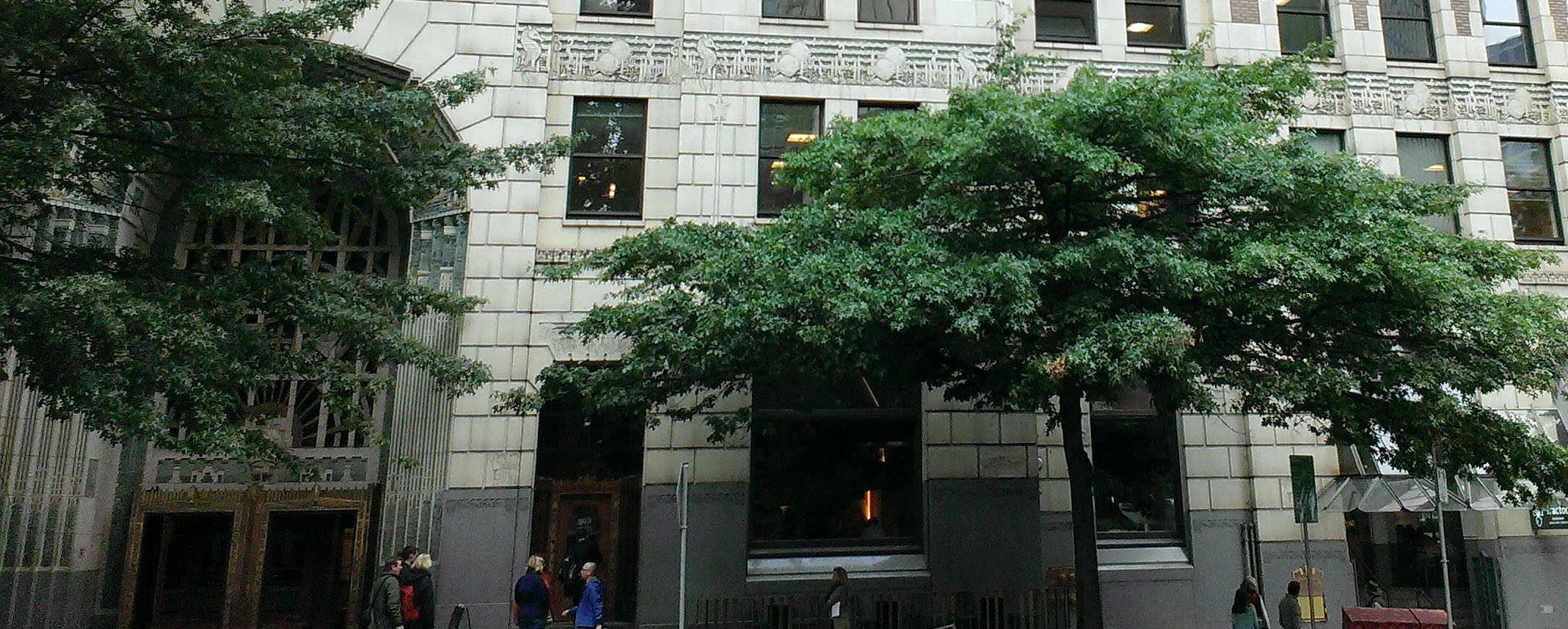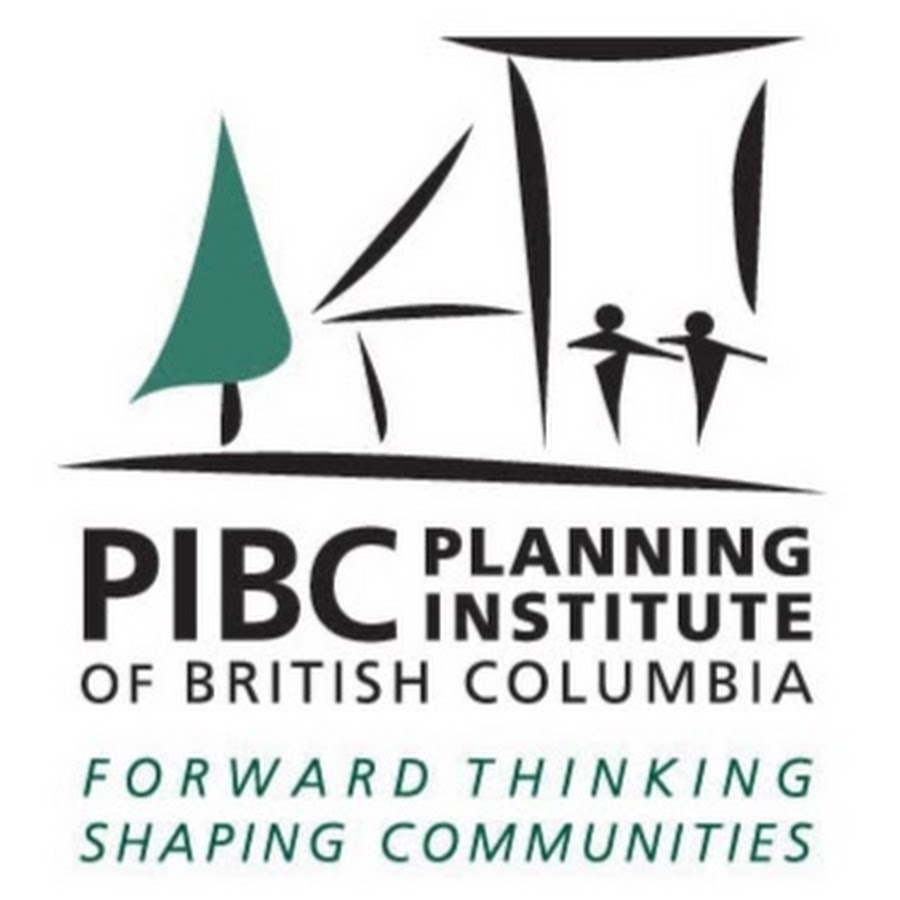What is Planning?
Planners work in large urban centres, small communities, across rural and remote landscapes throughout British Columbia, the Yukon, and beyond. Planning is a diverse, multi-disciplinary professional field that includes traditional land-use and municipal planning, but also encompasses many other diverse areas of practice and specialization. Some of these can include:
- General land-use & development
- Long term land-use planning
- Residential & commercial planning & development
- Facilities & infrastructure planning
- Transportation planning
- Social & policy planning
- Housing planning & policy
- Heritage planning & policy
- Environmental planning
- Parks & recreation planning
- Resource management planning
- Economic development
Definition of Planning:
The profession's traditional, technical definition of ‘planning’ is as follows:
'Planning' means the planning of the scientific, aesthetic and orderly disposition of land, resources, facilities and services with a view to securing the physical, economic and social efficiency, health and well-being of urban and rural communities.
Elements of Planning:
Good professional planning is forward thinking, comprehensive, informed, collaborative and inclusive. Contemporary planning is very much a process involving many elements and stages that includes bringing together people, communities and the environment – all leading to desired results. Sustainability – the balancing of long-term social, economic, and environmental elements – is a key principle in contemporary planning practice.
Professional planners rely on many diverse skills and abilities to do their work. These include:
- Holistic approach – the ability to look at the ‘big picture’
- Research – the ability to gather and analyse all relevant information
- Process – the ability to employ communication, consultation & good planning process
- Implementation – the ability to facilitate and move forward the implementation of plans
- Results oriented – the ability to monitor and review the results and outcomes of the plans.
- Innovative– the ability to learn, understand and evolve.
Historical Planning:
The practice of planning today can trace its historical roots to traditional land-use, city and town planning. The deliberate and conscious planning, organization and development of human settlements, resources, and space date back centuries and are historically evident in cultures and locations across the world.
These planning activities often progressed organically with the cumulative involvement of many individuals, groups and organizations over time. What is now known and thought of as the practice of planning was historically undertaken by a variety of practitioners from different disciplines — including engineers, architects, military planners, government administrators, private land-owners, institutions, and others.
As an organized and specialized profession, planning has largely emerged and evolved in the twentieth century. The Royal Town Planning Institute in the United Kingdom was established in 1914. In Canada, planners formed the Town Planning Institute of Canada in 1919 (predecessor to the Canadian Institute of Planners) under the leadership of Thomas Adams. The Planning Institute of British Columbia was incorporated in 1958.






